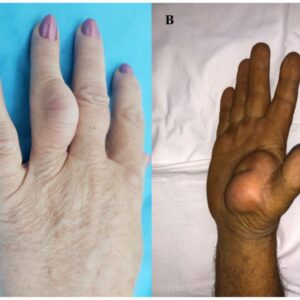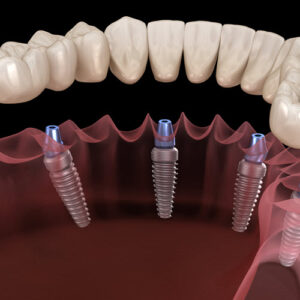Description
Familiarity with Treatment
Modified Uvulopalatopharyngoplasty (UPPP) is a surgical procedure designed to address obstructive sleep apnea by removing or remodeling tissue in the throat, including the uvula, palate, and throat walls. The surgery aims to increase the airway size and decrease tissue collapse, with the goal of improving airflow during sleep. The procedure has been refined with several modifications to minimize possible long-term side effects, such as swallowing problems, voice changes, or a permanent feeling of a foreign body in the throat.
Procedure
Modified UPPP involves the removal or remodeling of tissue in the throat, including the uvula, soft palate, and throat walls. The specific modifications may include techniques such as uvular muscle resection with mucosal preservation, lateral pharyngoplasty, expansion sphincter pharyngoplasty, zetapalatopharyngoplasty (Z-PP), and relocation pharyngoplasty. These modifications aim to improve surgical outcomes and reduce postoperative complications.
Who is it Suitable For?
Modified UPPP may be suitable for individuals with obstructive sleep apnea, particularly those with abnormalities in the soft palate. It is often considered as a treatment option for patients who have not responded to other conservative treatments or who are unable to tolerate continuous positive airway pressure (CPAP) therapy.
Who is it Not Suitable For?
Modified UPPP may not be suitable for individuals with certain medical conditions or those who have contraindications to general anesthesia. The healthcare provider will evaluate the individual’s overall health and determine the most appropriate treatment option.
Advantages
- Treatment of Obstructive Sleep Apnea: Modified UPPP can be effective in treating obstructive sleep apnea, particularly in individuals with abnormalities in the soft palate.
- Improved Sleep Quality: The surgery may lead to improvements in sleep quality and reduction in the severity of obstructive sleep apnea symptoms.
Complications
- Postoperative Pain and Dysphagia: Some individuals may experience postoperative pain and swallowing difficulties after modified UPPP, although the rate of complications is generally minimal.
- Abnormal Sensation and Swallowing Difficulty: A few patients have reported abnormal sensations around the soft palate and swallowing difficulties after modified UPPP.
Preoperative Care
Preoperative care for modified UPPP involves a comprehensive evaluation by the healthcare provider to determine the suitability for the procedure. The healthcare provider will provide detailed preoperative instructions that should be followed closely.
Postoperative Care
Postoperative care for modified UPPP includes monitoring for complications, such as pain and bleeding. Patients will typically be admitted to the hospital for at least one night for hydration, pain control, and airway monitoring. Follow-up visits with the doctor are important to assess the success of the surgery and address any concerns or complications that may arise.






Reviews
There are no reviews yet.